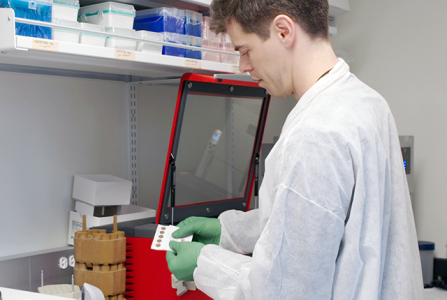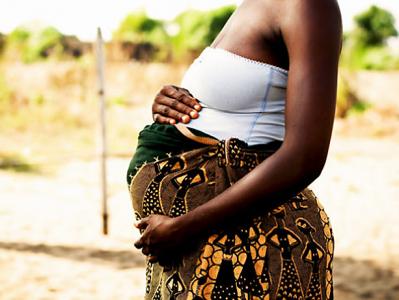Classifying the Natural History of Asymptomatic Malaria
Detecting malaria in people who aren’t experiencing symptoms is vital to public health efforts to better control this tropical disease in places where the mosquito-borne parasite is common. Researchers found that parasite dynamics and the parasite species present were highly variable among patients with low-level, asymptomatic infections. This finding is important for improving studies on the prevalence of malaria infection and, by extension, for clinical trials of malaria vaccines and therapeutics.

